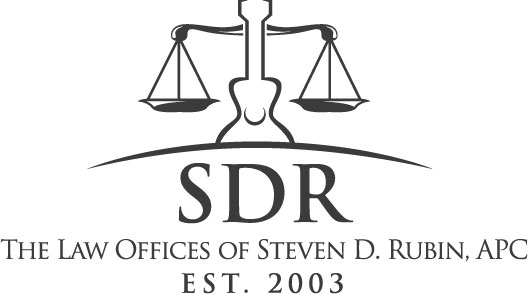
Federal Tax Liens and Third Parties … Where’s the cake?
When I was growing up I loved going to birthday parties. Cake, ice cream, games, toys, presents, boy was that fun. Then I got a little older, and I had a bar mitzvah party. Cake, presents, girls (strategically seated at the various tables to accommodate the youthful desires of my boyfriends), and boy was that fun. Then came a few wedding parties. Cake, presents, girls (more grown up), and boy was that fun. But when I entered into law school, I learned about a new kind of party; one with no cake, no presents, and no girls. In fact, this new kind of party really wasn’t a party at all.
You see, I took contracts. And in contracts, generally, there are the “parties” to the contract … you know, the ones who sign the contract and agree to some arrangement or deal. I learned that when discussing contracts and their underlying transactions, from time to time it became necessary to refer to people (or entities) that did not sign the contract and therefore were not “parties” to the contract. My law school professors taught me that we would refer to these people as “third parties.” Not fourth parties, not fifth parties, but third parties. Ok, so why the brief trip down memory lane?
Well, let’s set the table a little more. Every April 15th, every warm blooded American citizen (and many others) enters into a written contract of sorts. It’s called a Form 1040 Individual Income Tax Return. You sign it, right? Who are the “parties” to this contract? That’s right, you and Uncle Sam. I know, Uncle Sam does not sign, but trust me, he’s a party. Now, except for you and dear old Uncle Sam, everyone else in known galaxy and beyond is a “third party” where your income taxes are concerned. So why is this important?
Well, have you ever noticed that one of the first things the IRS does when you are unable to full pay your taxes to Uncle Sam is file what is called a “Notice of Federal Tax Lien.” What’s the rush you might wonder? Doesn’t the IRS automatically have a lien against all your property? In many instances, and generally speaking, the answer is yes. But it is not only you that the IRS is thinking about as they rush to mail you the “Notice of Federal Tax Lien.” It is those doggone third parties (all those people and entities that are not named you or Uncle Sam). You see if a third party wants to purchase real or personal property from you, and there is a Notice of Federal Tax Lien on file that secures the amounts owed to the IRS, then the third party cannot complete the purchase without addressing the amounts owed to the IRS. If that Notice of Federal Tax Lien is not filed, then generally speaking the third party can complete the purchase without addressing the amounts owed to the IRS, and thus the IRS may lose out on a great chance to get paid. Now you know why the IRS is so quick to file that “Notice of Federal Tax Lien.”
Stated more succinctly: Federal tax liens arise automatically upon assessment but are not valid against third parties until the IRS files a lien notice. But wait … there is more.
When a bankruptcy is involved, as between the bankruptcy estate and the IRS, the bankruptcy estate may be able to retain a debtor’s property over the claim of the IRS where a notice of lien has not been filed. Furthermore, “exempt property,” (property that generally cannot be reached by a debtor’s creditors), may be subject to IRS collection following the close of the bankruptcy proceedings if the federal tax liability is non-dischargeable, or if the taxes are dischargeable but secured by a pre-petition notice of federal tax lien. Furthermore, once filed, the federal tax lien passes through bankruptcy unaffected, provided that the underlying tax liability is not fully satisfied in the bankruptcy proceedings. In fact, the federal tax lien can survive bankruptcy even if the underlying tax liability/debt is itself discharged (kind of like how some insects can survive a nuclear explosion).
So you see, to the IRS, this “Notice of Federal Tax Lien” is a really, really, really important document. It is how the IRS makes sure that not only the taxpayer, but everyone who deals with the taxpayer, has to take into account amounts owed to the IRS by the taxpayer.
There may be no cake or presents, but the IRS sure likes third parties.
